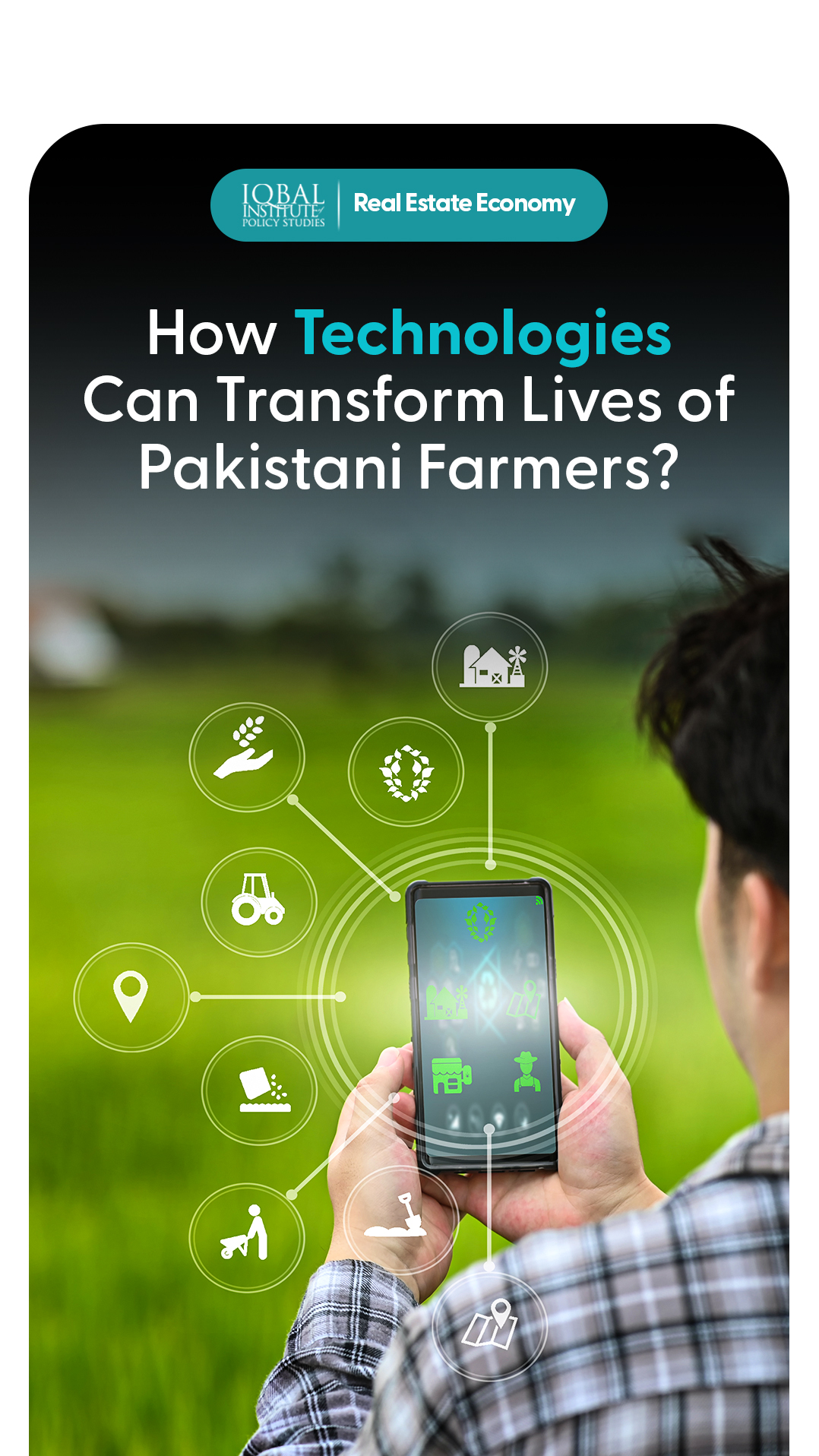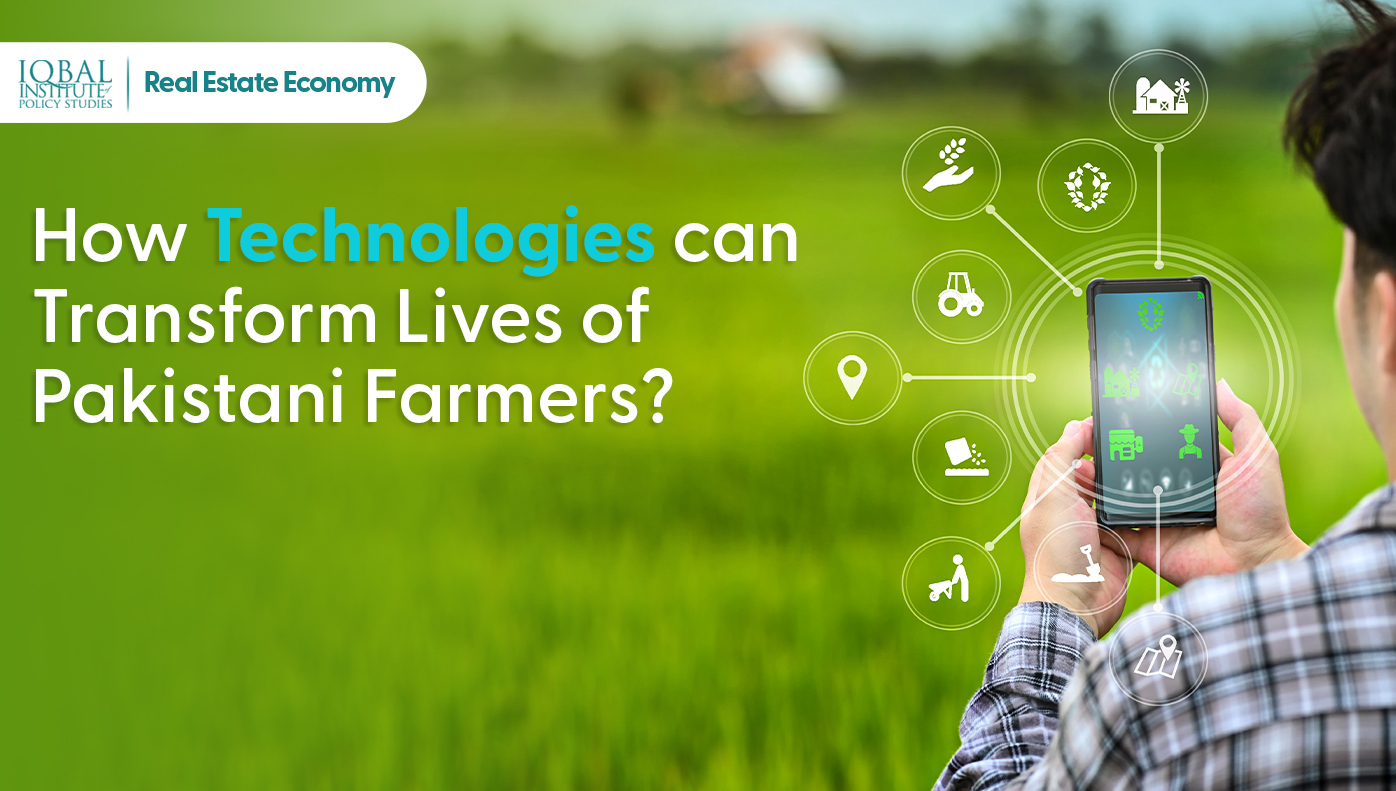For countries like Pakistan, advances in computing power, connectivity, artificial intelligence, biotechnology and GIS, and newer, more capable technologies hold tremendous potential. Inclusive agriculture, rural growth, empowering farmers and structural transformation from agriculture to high-productivity manufacturing and other economic sectors can be accelerated as technological change transforms individuals’ lives and enables countries to progress at speeds and on scales previously inconceivable.
Pakistan is home to 8.2 million farm families responsible for meeting the basic food & nutrition requirement of an estimated population of 229.50 million (World Bank, 2022). Approximately 64% of the country’s population are directly or indirectly employed in agriculture for their livelihood. At present, 90% of the overall farmers (7.4 million) are categorised as small farmers who are contributing to national food security and export earnings. However, the farmers face serious issues related to a lack of access to bank financing, quality farm inputs, extension services, and fair access to the market.
To address these problems, there is a need for National Policy to target poverty reduction, food security, and climate change which is hurting agriculture with rising temperatures, increasingly frequent floods and droughts, and a greater incidence of pests and diseases. Under the policy, there should be a National Digital Program which will work to transform the country’s rural economy and create skilled jobs in rural areas. Such digital programmes promote digital and financial inclusion, encourage rural entrepreneurship, and build rural capacities and livelihoods, offering a bottom-up approach to social change. Such new technologies enable small farmers to shift from input-intensive to knowledge-intensive agriculture. These digital solutions promote precision agriculture which improves the timeliness of planting, secure the best market prices through market information and e-market reforms, provide fertiliser subsidies via direct bank transfers that eliminate or reduce the cost of financial intermediaries and improve agricultural extension.
Like India, Pakistan should also launch an online platform for farmers that integrates agricultural markets online, allowing farmers and traders alike to view all agriculture produce market committee-related information and services, commodity arrivals and prices, and buy and sell trade offers, thus helping farmers bid for the best prices across markets. Greater investment in digital solutions like Digitised land registration, mobile phones, and ‘Uberised’ tractor services contribute to improved farm management.



Leave a Reply